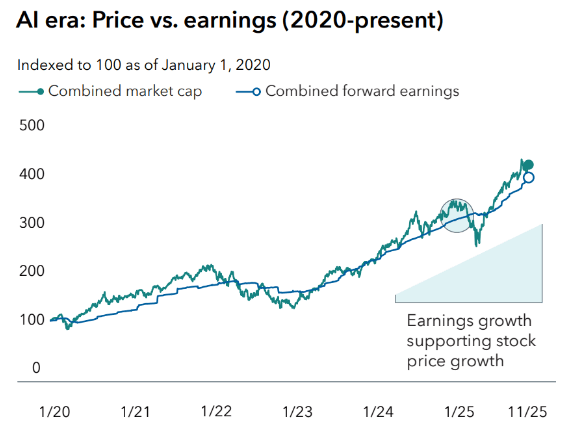“Market Timing is a Gateway to Cash Addiction”
In a handful of words, this evocative quote by Tadas Viskanta cuts to the core of a psychological obstacle that thwarts many investors. Market timing is one of the main culprits of individual investors’ dramatic underperformance versus the markets.
Here, market timing means deciding not to invest or to disinvest in stocks and bonds. There are a variety of reasons: from believing the economy is going down the tubes to thinking that stocks are overvalued.
Whatever the reason and setting aside whether market timing has strategic merit, it’s clear that a market timer acts out of fear. Despite shorter periods where markets drop, over long horizons markets are on a one way upwards trajectory.
If you had to be all the way in all the time or all the way out forever, the rational long-term investor would choose the former. He knows that if he stays in the market he will make money. So, no matter the results of market timing, it’s the same motivation: fear of losing money.
With “gateway,” Viskanta hints that it is difficult for an investor who succumbs to fear to ignore that impulse moving forward. In this blog post, the author recounts readers who moved to cash and couldn’t bring themselves to reenter the markets. Even when there were pre-established rules to trigger re-investment, fear kept them on the sidelines.
“I have seen, myself, nine bear markets and I never find it particularly amusing. Sure it’d be great to get out of stocks at the high and jump back in at the low. And if you know how to do that, then do that. But I’ve been in this business 55 years and I don’t have any idea how to do it. I not only have never met anybody who knew how to do it, I’ve never met anybody who had met anybody who knew how to do it.”
— John Bogle, Founder and former CEO, Vanguard Group, 2008
Markets often scare investors. And they certainly do not coax or bribe investors to jump in. Investors need to recognize that market timing is a choice. It’s a decision against a rationale long-term strategy and for a strategy informed by fear. Until you are out of the pool and have dried off, you don’t realize how much courage and confidence it takes to jump back in.
Get the BEW Newsletter Direct to Your Inbox
Stay informed with timely perspectives and market insights from the BEW Invest team.



